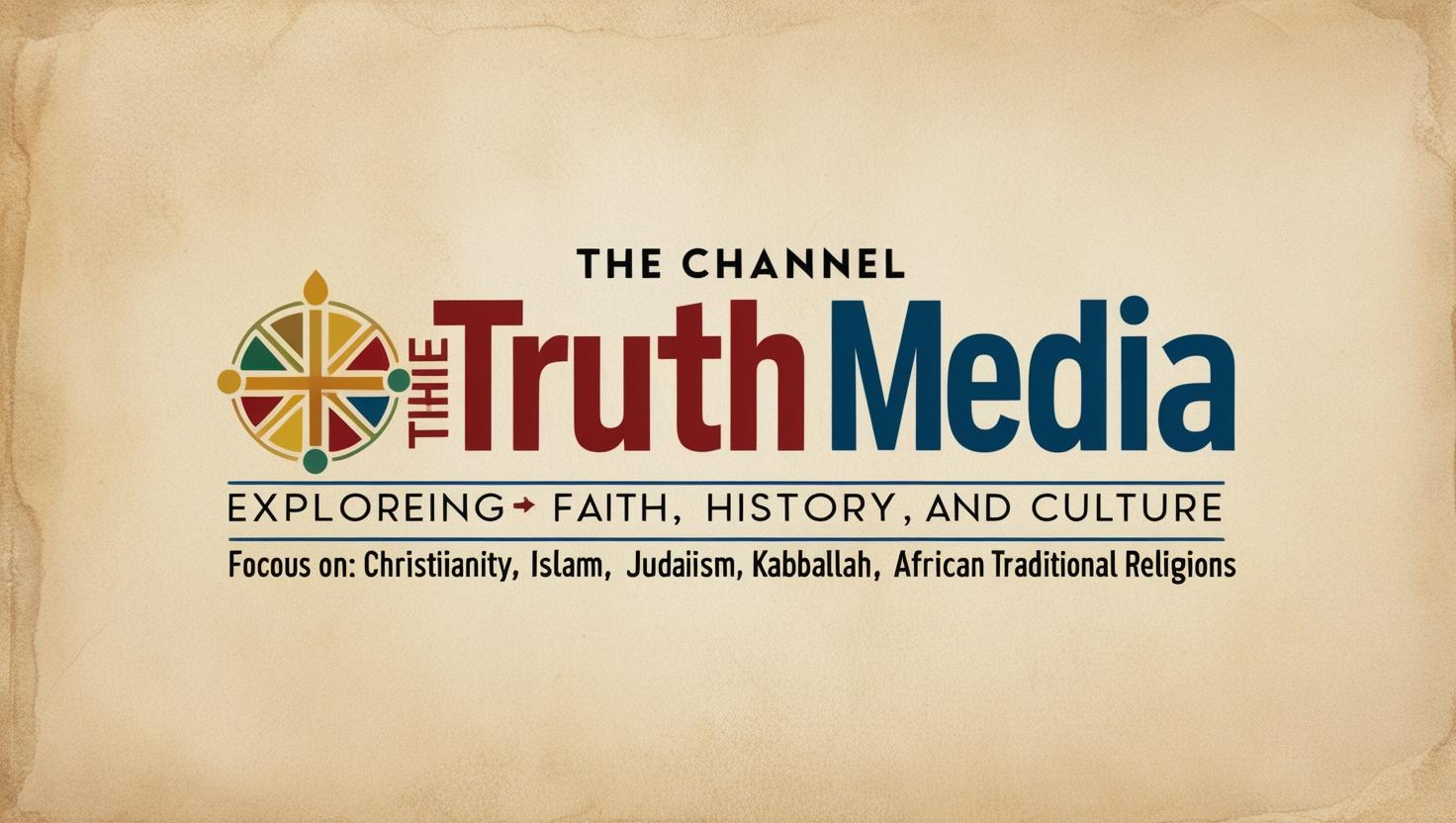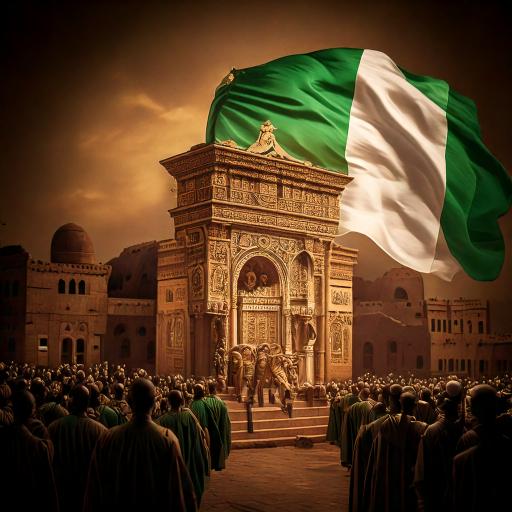The history of Nigeria before its independence is a story of diverse cultures, rich traditions, and complex religious systems. The country is home to numerous ethnic groups, each with its own unique set of beliefs, rituals, and spiritual practices. Among the most prominent ethnic groups in Nigeria are the Yoruba and Igbo, whose religious practices played a significant role in shaping the social, political, and cultural structures of their societies. This article will focus on the religious practices and beliefs of the Yoruba and Igbo tribes, as well as briefly exploring the practices of other ethnic groups in the region. It will examine the role of traditional religious societies, their gods and deities, spiritual leaders, rituals, and the impact of colonialism, particularly the introduction of Christianity and Islam, on these indigenous beliefs.
- The Yoruba Tribe and Their Religious Practices
The Yoruba people, one of the largest ethnic groups in Nigeria, are predominantly found in the southwestern part of the country. The Yoruba religion is rich in deities, spirits, and ancestors, with a highly structured system of beliefs that deeply influence every aspect of Yoruba life, including governance, social relations, and community activities.
The Supreme God: Olodumare
At the heart of Yoruba religion is Olodumare, the supreme god who is believed to be the creator of the universe and the source of all life. Olodumare is omnipotent and omnipresent, yet is often seen as distant from the day-to-day affairs of humans. As the supreme being, Olodumare is responsible for maintaining the cosmic order and balance of the universe. While the Yoruba acknowledge the existence of Olodumare, they believe that humans cannot directly interact with this god. Instead, they worship and appeal to a host of lesser deities, known as Orisha, who act as intermediaries between humans and Olodumare.
The Orisha: Lesser Gods and Deities
The Yoruba pantheon is populated by numerous Orisha, or lesser gods, each of whom governs specific aspects of the world and human life. These gods are deeply intertwined with Yoruba culture, and their worship is central to the Yoruba way of life. Some of the most prominent Orisha include:
- Eshu: The trickster god and messenger, Eshu is responsible for communication between the human world and the gods. He is associated with chance, fate, and mischief, and his role as a mediator makes him essential in Yoruba religious practices.
- Shango: The god of thunder, lightning, and fire, Shango is a powerful and revered deity. He is associated with masculinity, strength, and justice, and his worship is particularly popular among the Yoruba people.
- Yemaya: The goddess of the sea and motherhood, Yemaya is one of the most widely worshiped Orisha. She represents fertility, love, and the nurturing aspects of life.
- Oshun: The goddess of love, beauty, and fertility, Oshun is known for her compassion and healing abilities. She is associated with rivers and is revered for her power to bring prosperity and happiness.
Each Orisha is honored through rituals, prayers, and offerings, and worshippers often make requests for help in specific areas of life, such as health, fertility, or prosperity. Temples and shrines dedicated to these deities can be found throughout Yoruba communities, and each Orisha is typically associated with particular colors, symbols, and animals.
Spiritual Leaders: The Priest and Diviner
The spiritual life of the Yoruba people is guided by a variety of religious leaders, including priests, diviners, and shamans. The most important of these leaders is the Babalawo (male) or Iyalawo (female), who is a high priest or priestess specializing in the practice of divination. The Babalawo is believed to have a deep connection with the Orisha and acts as an intermediary between the spiritual and human worlds. They use Ifa divination, a system of divining the will of the gods through the casting of cowrie shells or the reading of sacred texts, to provide guidance and advice to individuals and communities.
In addition to the Babalawo, Yoruba communities also have Alagba (chief priests) and Oluwo (spiritual leaders), who are responsible for overseeing religious ceremonies, performing rituals, and maintaining the spiritual welfare of the community.
Rituals and Ceremonies
Yoruba religious rituals are an integral part of daily life and are designed to maintain harmony between the physical and spiritual realms. Annual festivals are central to Yoruba religious practice and serve as opportunities for communal worship and celebration. These festivals are dedicated to specific Orisha and include elaborate dances, music, drumming, and sacrifices. For example, the Osun-Osogbo Festival is held annually in honor of Oshun, the goddess of fertility, and attracts thousands of worshippers from around the world.
Other rituals include rites of passage, such as birth, initiation, marriage, and death. These ceremonies are essential for marking important life transitions and reinforcing social and spiritual connections. Funeral rites are particularly significant, as they are believed to ensure that the deceased’s spirit is properly honored and that the community is protected from any negative spiritual consequences.
- The Igbo Tribe and Their Religious Practices
The Igbo people, primarily located in southeastern Nigeria, have a religious system that shares some similarities with the Yoruba, but is also distinct in its practices and beliefs. The Igbo religion is based on a belief in a supreme god, a pantheon of lesser gods, and the veneration of ancestors.
The Supreme God: Chukwu
At the center of Igbo religious belief is Chukwu, the supreme god and creator of the universe. Chukwu is seen as the source of all life and the controller of fate. He is distant and unknowable, much like Olodumare in Yoruba belief. While Chukwu is acknowledged and revered, it is through the worship of lesser deities and ancestral spirits that the Igbo maintain a closer connection to the divine.
The Lesser Gods: Alusi
The Igbo believe in a variety of Alusi (lesser gods), each of whom governs specific aspects of the world and human existence. Some of the most prominent Alusi include:
- Ala: The goddess of fertility, the earth, and morality. Ala is considered the mother of all things and is central to Igbo religious life.
- Amadioha: The god of thunder and lightning, Amadioha is associated with justice and retribution. He is often called upon to punish wrongdoers and maintain order in society.
- Ikenga: The god of strength and achievement, Ikenga is associated with personal success and protection. He is especially revered by individuals seeking prosperity or victory in battle.
Like the Yoruba, the Igbo people maintain that the lesser gods act as intermediaries between humans and Chukwu. The worship of these deities involves offerings, prayers, and sacrifices to ensure their favor and protection.
Spiritual Leaders: The Priest and Oracle
The Igbo also have a system of spiritual leaders, including priests, priestesses, and diviners. The Dibia is a spiritual leader and diviner who plays a central role in Igbo religious life. The Dibia is responsible for interpreting the will of the gods, conducting rituals, and offering guidance to the community. The Dibia uses oracle divination to communicate with the spirits and gods, often through the use of cowrie shells or other divination tools.
In addition to the Dibia, the Igbo have Priestesses of Ala who serve as spiritual leaders for female worshippers, and Elder Councils that provide wisdom and guidance on religious matters.
Rituals and Ceremonies
Igbo religious rituals are focused on maintaining harmony with the gods and ensuring the well-being of the community. Ancestral worship plays a central role, and the Igbo believe that the spirits of their ancestors continue to watch over them. Sacrifices and offerings are made to honor these spirits, and rituals are performed to seek blessings and protection.
The Igbo also observe various festivals, such as the New Yam Festival, which celebrates the harvest and honors the gods for providing food and sustenance. Other important ceremonies include rites of passage, including the initiation of young men and women into adulthood, and funeral rites to ensure the proper transition of the deceased into the spiritual realm.
- Religious Practices of Other Tribes in Nigeria
In addition to the Yoruba and Igbo, Nigeria is home to numerous other ethnic groups, each with its own religious practices and beliefs.
The Hausa and Fulani
The Hausa and Fulani peoples, primarily located in northern Nigeria, are predominantly Muslim, having been introduced to Islam through trade and conquest. While Islam is the dominant religion in the north, many traditional practices and beliefs continue to coexist with Islamic teachings. The Hausa and Fulani people have a rich history of Islamic scholarship, and their religious leaders, such as Emirs and Alfas, play important roles in both spiritual and political matters.
The Kanuri
The Kanuri people of northeastern Nigeria have a religious system that is primarily Islamic, with some remnants of traditional beliefs. Islam was introduced to the Kanuri through trade routes and has become deeply integrated into their culture and society. However, the Kanuri continue to honor their ancestral spirits and maintain a connection to their traditional religious practices.
- The Impact of Christianity and Islam on Traditional Religious Beliefs
The introduction of Christianity and Islam during the colonial period had a profound impact on traditional religious practices in Nigeria. Missionaries, primarily from Europe, began arriving in the 19th century, and their efforts to convert the indigenous population led to the decline of many traditional religious practices.
Christianity, with its monotheistic teachings, posed a challenge to the polytheistic beliefs of the Yoruba, Igbo, and other ethnic groups. Christian missionaries often viewed traditional religious practices as "pagan" and sought to replace them with Christian teachings. Similarly, Islam, with its strict monotheism, gradually supplanted many of the indigenous beliefs in the north of Nigeria.
Despite these efforts, many Nigerians continued to practice their traditional religions in secret, blending Christian or Islamic teachings with indigenous beliefs. Today, Nigeria remains a religiously diverse country, with Christianity and Islam as the dominant religions, while traditional beliefs continue to play an important role in the lives of many Nigerians.
- Conclusion
The religious practices and beliefs of the Yoruba and Igbo peoples, as well as other ethnic groups in Nigeria, are an integral part of the country's cultural heritage. These traditional religions provided spiritual guidance, shaped social structures, and influenced governance and community life. The introduction of Christianity and Islam during the colonial era brought significant changes, but traditional beliefs have persisted, continuing to influence the religious landscape of modern Nigeria. As the country moves forward, the interplay between traditional religions, Christianity, and Islam will remain a defining feature of Nigerian society.

